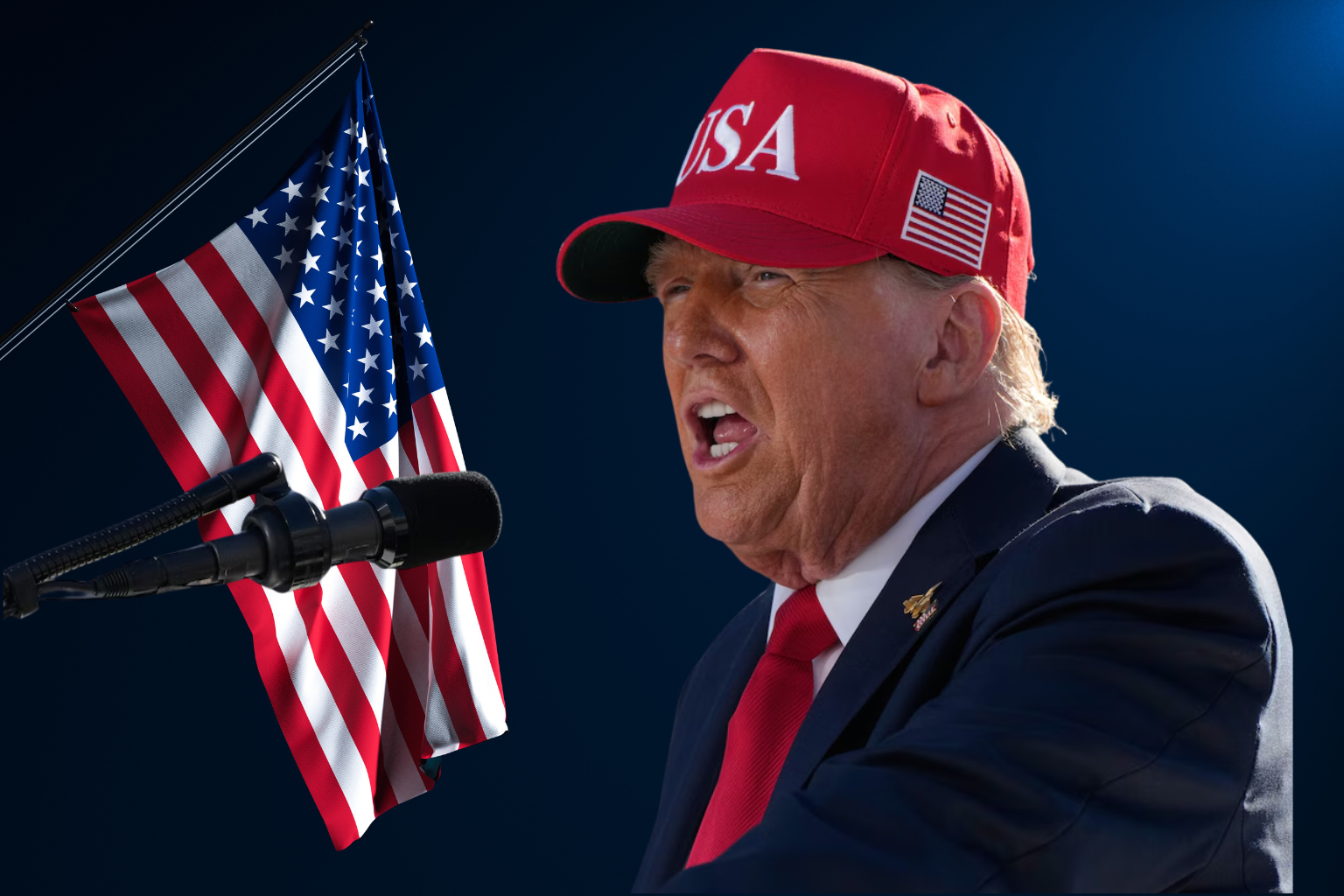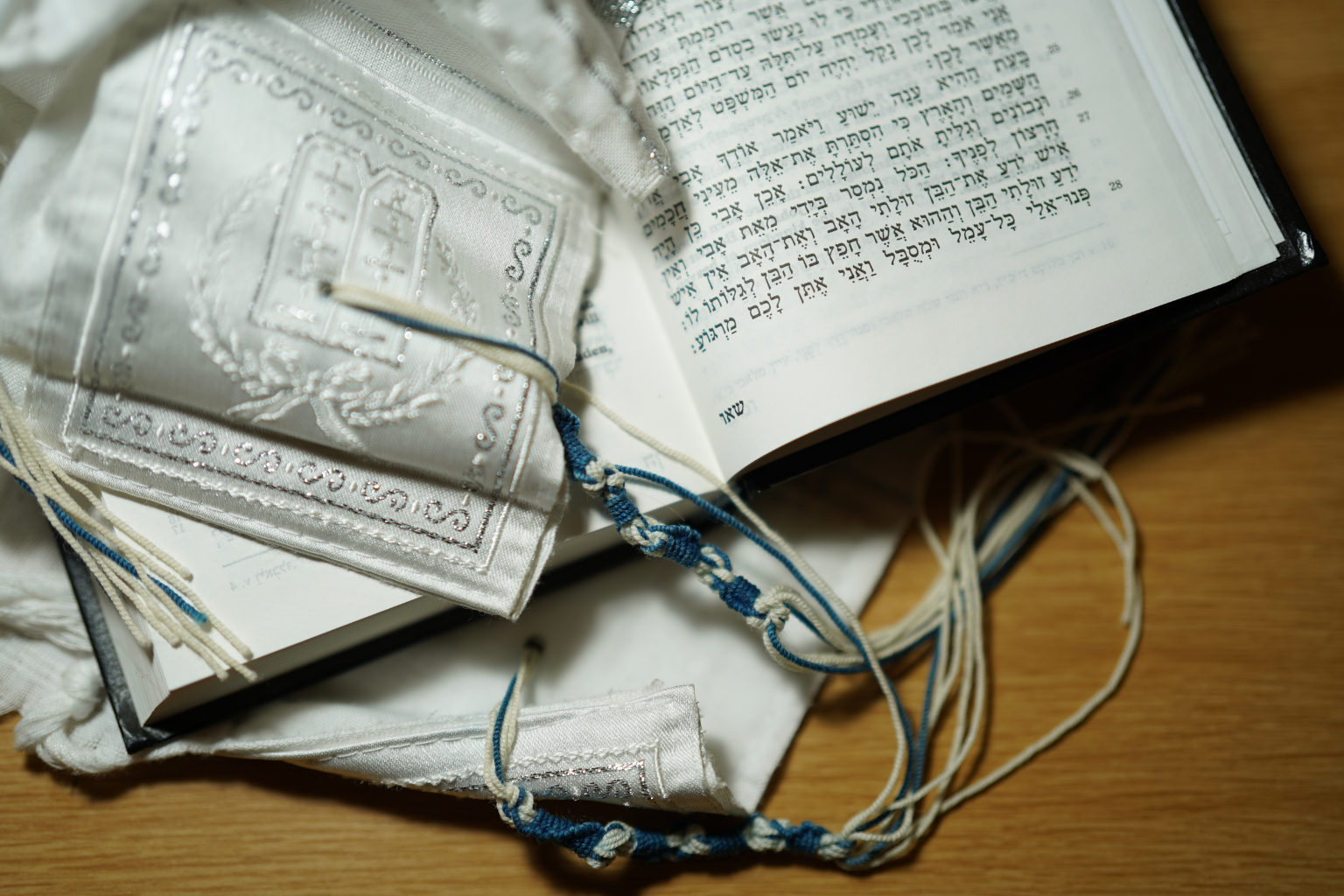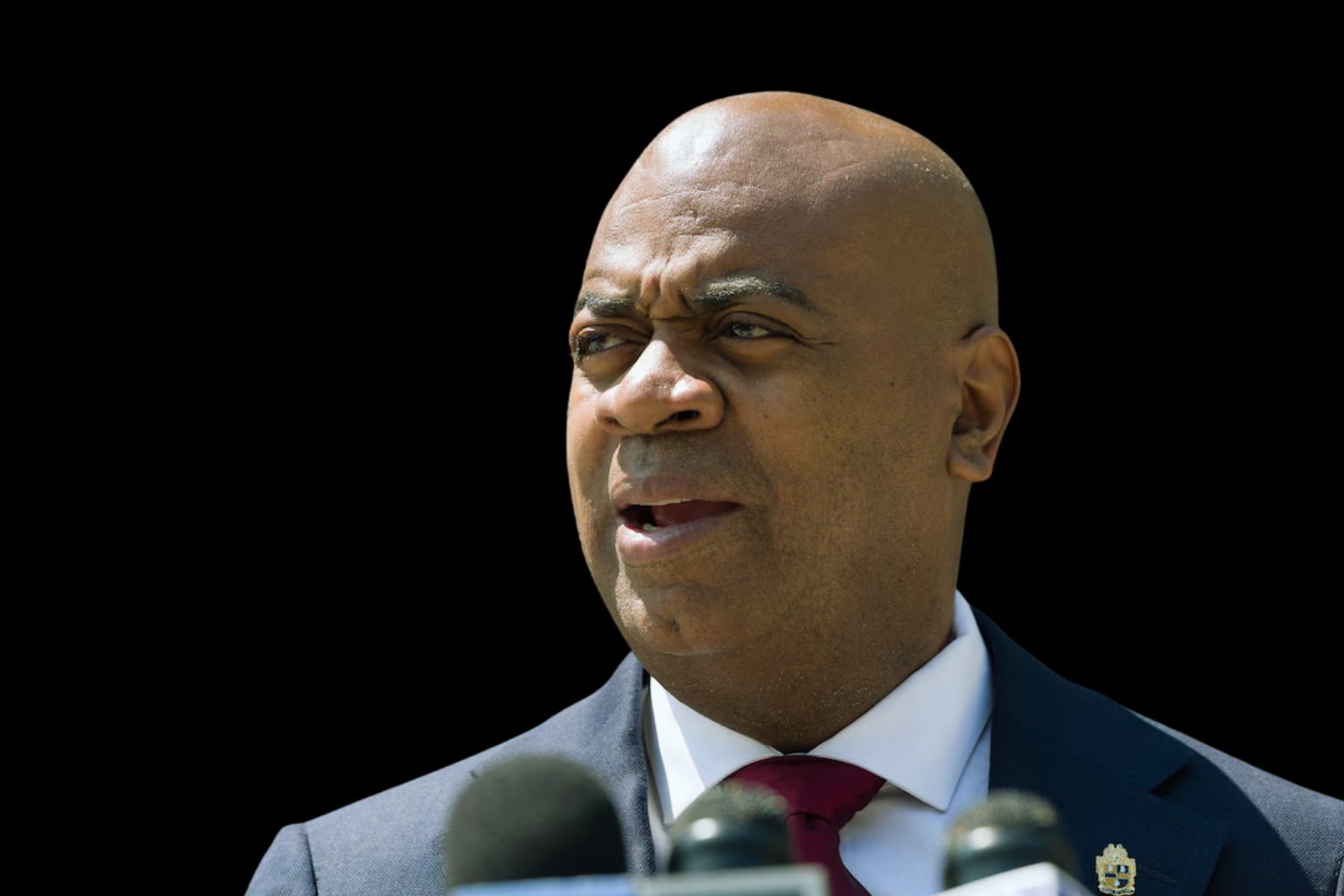Trump Doubts His Chances of Entering Heaven Even After Israel-Hamas Deal

Recent admissions by President Donald Trump that he may not enter heaven shed doubt on his diplomatic successes’ spiritual implications. Trump was asked if brokering the latest Israel-Hamas cease-fire would improve his afterlife odds on Air Force One on his route to Israel. He responded with customary humility and humor, saying he was “being a little cute” and that “there’s nothing going to get me in heaven.” He said he may “not be heaven-bound,” but “I’ve made life a lot better for a lot of people.”
This intersection of politics, spirituality, and self-reflection is startling. Trump has long used religious themes, including heaven and salvation. In August, he claimed that ending the Russia-Ukraine war and saving thousands of deaths per week might help him reach heaven. He said, “I’m hearing I’m not doing well,” and joked about being “at the bottom of the totem pole.”
Trump has presented the Israel-Hamas accord as the latest moral gesture. Trump called the arrangement and the freeing of twenty captives during his visit to Israel historic. In his Israeli parliamentary address, he called the pact a turning moment for Middle East peace. He also urged Israeli officials to turn military achievement into long-term prosperity and pardon Prime Minister Benjamin Netanyahu despite his legal issues.
Still, the president’s heaven comments add vulnerability and ambiguity. He joked that he may be in heaven while flying Air Force One, expressing both sincerity and humor. He did not profess to be a spiritual exemplar; his statements suggested he saw his deeds as optimistic contributions to redemption.
Some perceive this as Trump intensifying his spiritual narrative. After surviving an assassination attempt in 2024, he has spoken more openly about divine purpose, hinting that his presidency has a higher calling. His sudden humility—publicly conceding he may not enter heaven—contradicts language that portrays him as triumphant or destiny.
Aspiration and self-doubt may transcend personal theology. It influences voters’ views of Trump’s authenticity, morality, and religious ties. A leader’s spiritual tone might be as important as his policy record for many Americans who value faith in public life. Whether this disclosure will influence religious conservatives or spark criticism is unknown.
Trump’s afterlife uncertainty shows his complex blend of confidence, humility, and theatricality. Though he believed in doing good, he refused to claim a definite road to heaven. His public record is moral, but his future in the hereafter is uncertain.
Sources
New York Post
Washington Post
People
Time




